Farms around the United States are experiencing a transition.
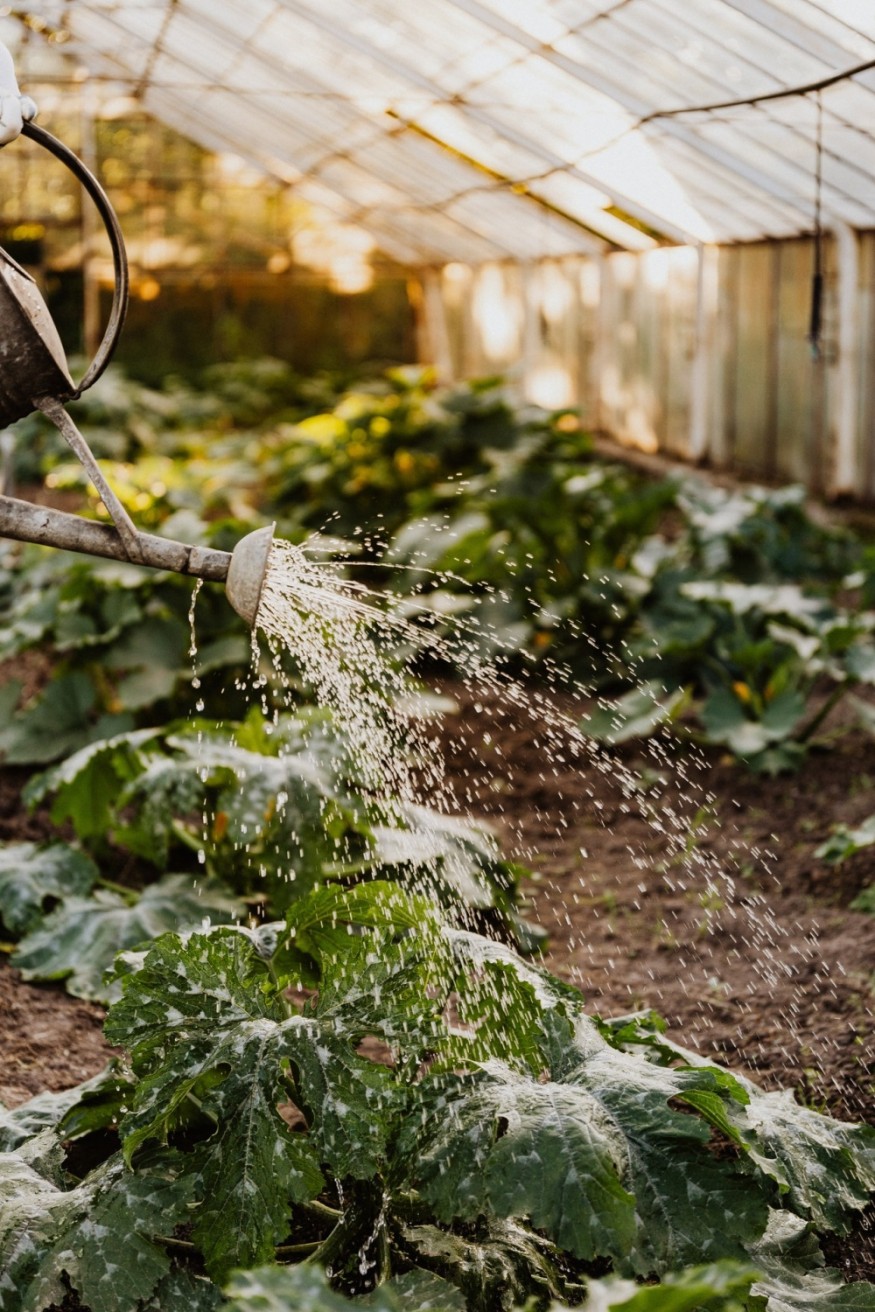
New Trend in Farming
For decades, industrial agriculture-a method dominated by huge farms growing the same crops year after year while using vast quantities of chemical pesticides and fertilizers that damage land, water, air, and climate-produced most food. Since it squanders and degrades the capital, it relies on a system that is not designed to last.
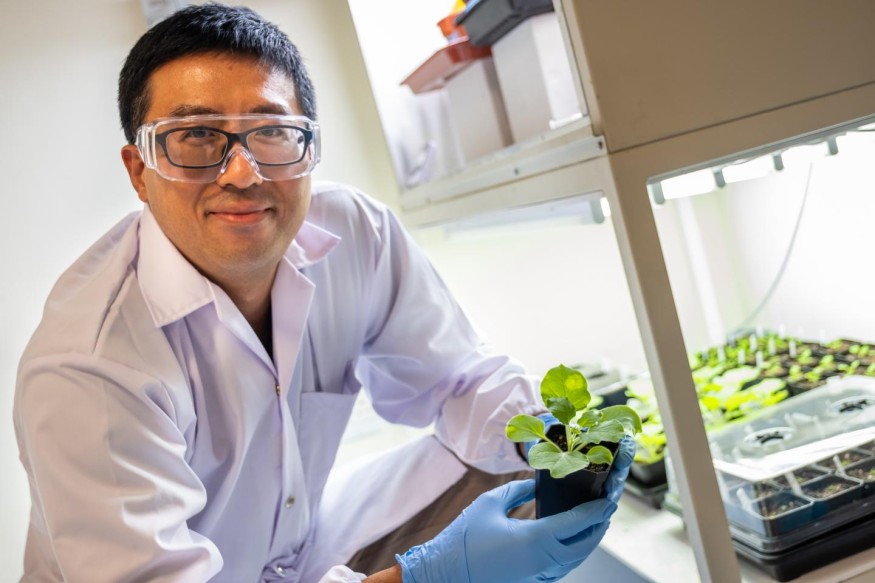
Fortunately, an increasing number of forward-thinking farmers and scientists are charting a new course for a more environmentally, economically, and socially prosperous farming method. Farms of all sizes will participate in this scheme, offering a wide variety of crops, fabrics, and fuels that are tailored to local requirements and regional markets. It employs cutting-edge, science-based methods that increase efficiency and benefit while reducing environmental impact.
Any supporters of industrial agriculture argue that its consequences are a necessary cost of "feeding the world." In fact, a growing body of scientific research refutes this argument, illustrating that a more sustainable approach can be just as profitable-and satisfy our long-term needs.
What is Sustainable Agriculture
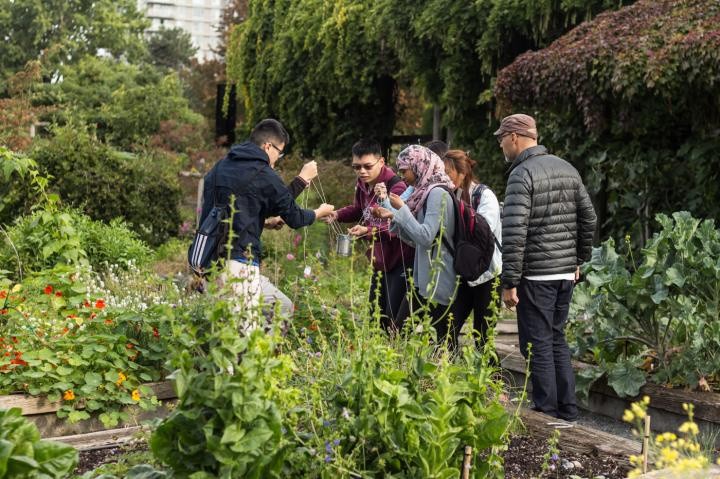
Sustainability in agriculture is a multifaceted concept with several aspects, including economic, social, and environmental. A sustainable farm should be a profitable business that contributes to a strong economy.
A sustainable food system avoids the use of pesticides, conserves energy and water, stresses local processing, reduces inputs and uses land more effectively on-site, values biodiversity and ecology, and operates under global natural resource constraints.
In agriculture, environmental protection requires taking good care of the natural environments and infrastructure that farms depend on. This includes, among other things:
- Good soil formation and management;
- Prudent water management; and
- Managing the levels of pollution inthe air, water, and climate.
Organic vs Industrial
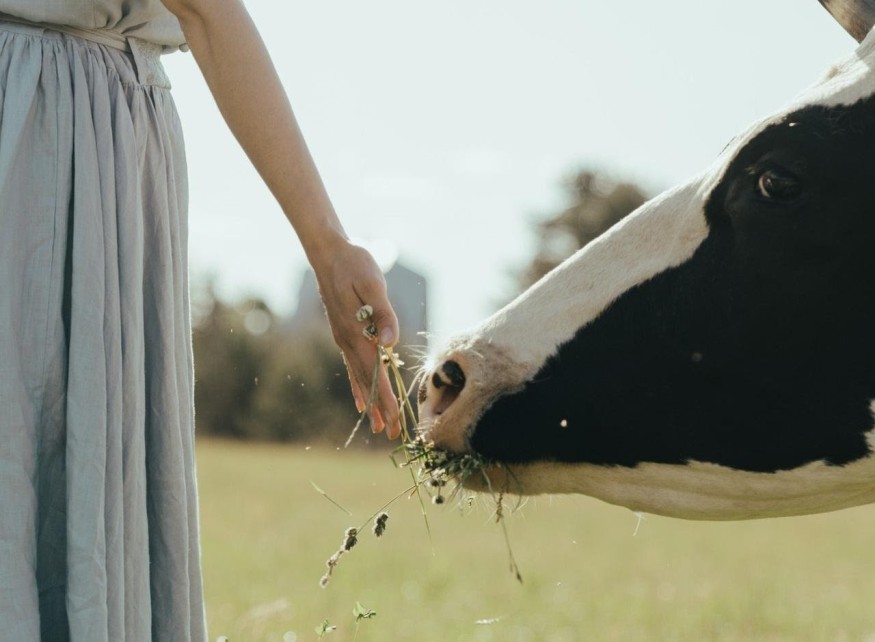
Unlike industrial agriculture, organic farming has a lot of opportunities for environmental gains and natural resource protection. It accomplishes this by pursuing natural processes, recycling nutrients and water, and limiting agricultural chemicals to an unnecessary degree.
To begin with, and most critically, sustainable agriculture yields nutritious organic food. Food safety is more critical now than it has ever been. Numerous experiments have discovered that the nutritional value of rice, fruits, and vegetables is diminishing. Due to their poorer root systems, scientists assume that common high-yielding crop varieties have a lower potential for extracting nutrients from the soil, resulting in lower nutritional content in the final product.
It is unnecessary to note the detrimental effects of elevated pesticide levels in foods grown on intensively farmed lands. Everyone knows that using less pesticides and other additives to cultivate food is safer for us.
Healthier Produce
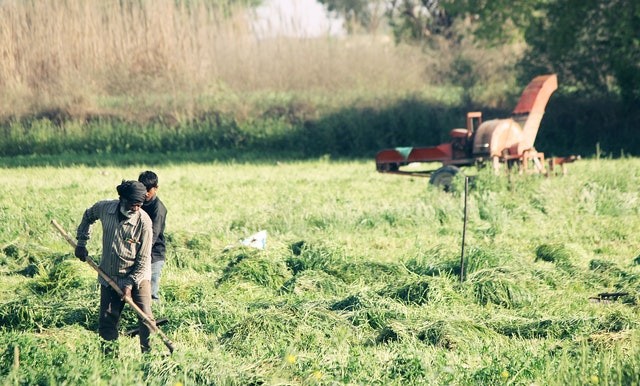
Sustainable farms often produce a wider range of foods since they aren't exclusively based on cash crops like corn or wheat. Instead, they usually plant local varieties in agricultural systems with a wide range of crops.
There are additional benefits of sustainable farming in terms of creating employment opportunities for rural populations, such as providing employment for young people and fostering rural socio-economic growth. On the other hand, sustainable food production is more resilient to climate change and tends to improve ecosystem sustainability. All of these qualities are crucial for developing a successful food processing system that can overcome potential challenges.
For more Agricultural News, don't forget to follow Nature World News!
© 2025 NatureWorldNews.com All rights reserved. Do not reproduce without permission.





